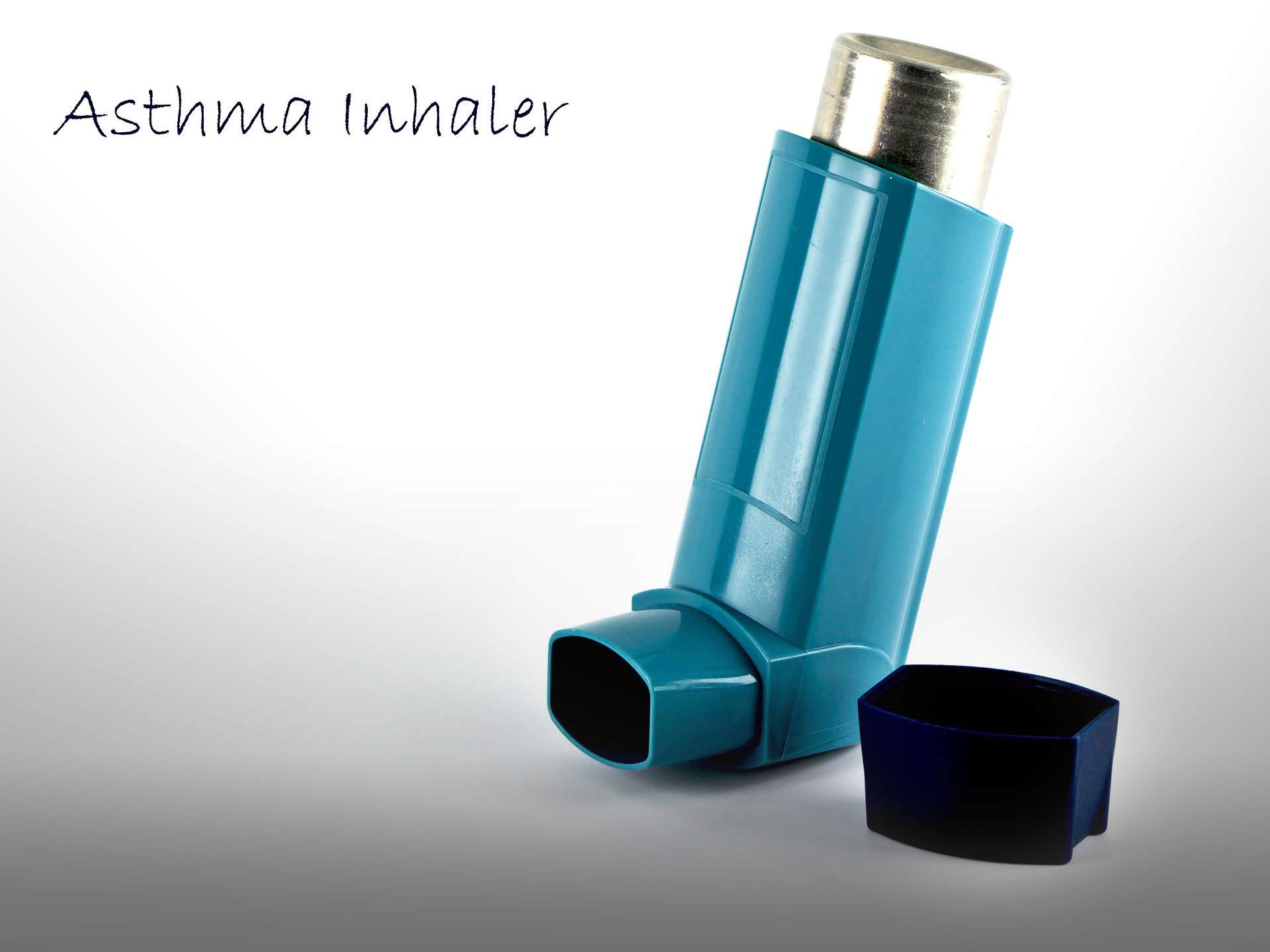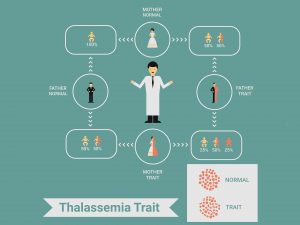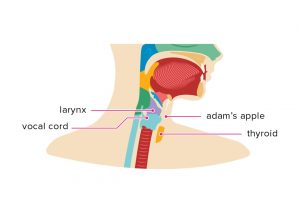Answer the following questionnaire with “never”, “sometimes”, “often” or “always”
- How often are you tired and lacking energy to go to work in the morning?
- How often do you feel physically drained, as if your batteries were dead?
- How often is your thinking process sluggish or your concentration impaired?
- How often do you struggle to think over complex problems at work?
- How often do you feel emotionally detached from coworkers or customers, and unable to respond to their needs?
Two or more responses of “often” or “always” are a red flag and means that you are on the verge of a burnout! Job burnouts can have serious implications on your physical health.
This questionnaire was used by researchers at Tel Aviv University during a study to find out the link between a job burnout and heart diseases. The study involved more than 8000 participants ranging from 19 to 67 years of age. They underwent various health checkups in the study that lasted 3.4years. At the end of the study filters like age, smoking, family history were applied, as they happen to be risk factors for heart diseases. The results revealed that job burnouts are responsible for 40% of the cases of heart diseases.
People who suffered from job burn outs were also later on detected with Diabetes Mellitus.
Time to sit up and take notice! For both employees and the employers!
Working for long hours at the office, having very few vacations, having no team support and too much work stress lead to the slowing down of your capacity to work efficiently. Type A personality people, who are driven by the needs to be on time, meet deadlines, to be in control often end up getting burned out. The complementary lifestyle changes that such a work culture brings in, only adds to the woes.
So what can you do to avoid getting burnt out at work?
- Get your priorities in life right. The job is essential, but not so much that you can start compromising on your health. Remember the job is a part of your life and not the other way round.
- Start your day with a relaxation technique. You can go for a walk in the fresh air, meditate or just breathe deeply. This works better that jumping out of your bed and going right off to work.
- Set realistic, achievable goals. Understand and accept that it is human to not be able to live up to the standards at times or miss the deadline occasionally.
- Learn to say No to the things that don’t matter in the longer run. You will realize that saying No to some extra workload in the office now will give you the chance to say yes to going home on time and spending time with your children or reading a book or going out with a friend. Things that you have always been wanting to do, but have been putting off!
- Take a break-Go on a vacation regularly. Go somewhere to a place that has no internet, no mobile phones, no newspapers. De-clutter your life and feel the magic of being stress free. It will charge up your batteries for the time when you have to get back at work.
- Take up a hobby and be sincere towards it.
Results Place Burnout As Stronger Predictor of CHD than Smoking, Lack of Exercise, High Blood Cholesterol Levels.





























